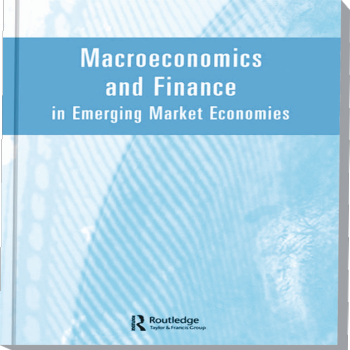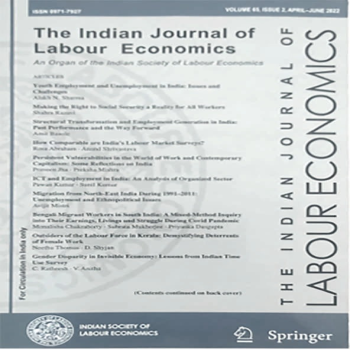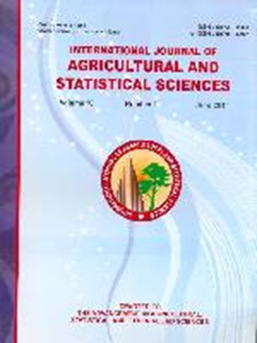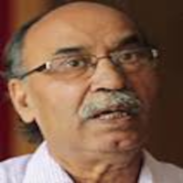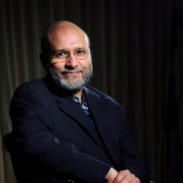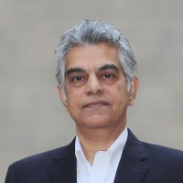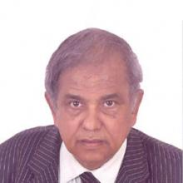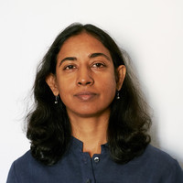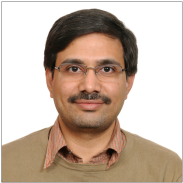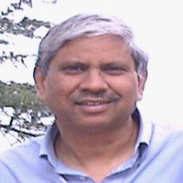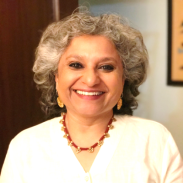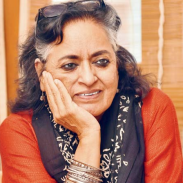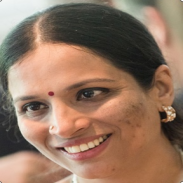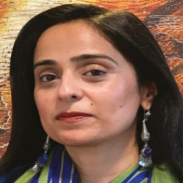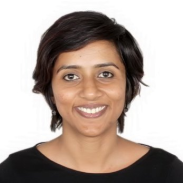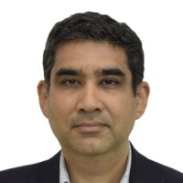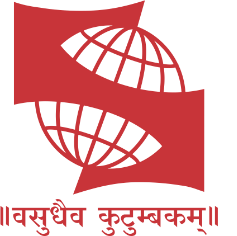
_extract.jpg)
Future of Employment: Challenges and Opportunities (FECO)
International Conference on
“Future of Employment: Challenges and Opportunities”(FECO 2023)
18-19 January 2023
COVID-19 brought about a number of changes in the global economy. We have surpassed the second year of the pandemic but the economy still functions under uncertainty about when the next wave would strike. According to the ILO World Employment and Social Outlook – Trends 2022, global unemployment has been projected to be 207 million by the end-2022.
The impact of the pandemic has been particularly devastating for the labour markets in developing nations that have high levels of inequality, heterogeneous working conditions, and weak social protection systems. Although developing countries have used a large range of measures to address the crisis, the relief packages were insufficient owing to their limited fiscal space. Also, the presence of a large informal economy reduced the efficacy of such policy instruments. In this scenario, job losses have compounded the financial stress for the already economically vulnerable households and estimates suggest that the pandemic pushed approximately 77 million into extreme poverty during 2020-21 (Mahler et al. 2021).
A significant feature for the formal sector was the new culture of working from home, which brought in sudden changes in the working conditions and adapting to new technologies. While most of the skilled workforce started remote offices, the option was not feasible for the majority of the jobs in the emerging nations, which adversely impacted a large part of the workforce in terms of job losses, pay cuts and uncertainty of returning to their workplace.
Against this backdrop, Symbiosis School of Economics is organizing an international conference on Future of Employment, Challenges and Opportunities (FECO) in January 2023. The objective is to discuss the social and economic developments in the employment and livelihood opportunities around the world; challenges faced during the COVID period and to explore the future opportunities.


_extract.jpg)
